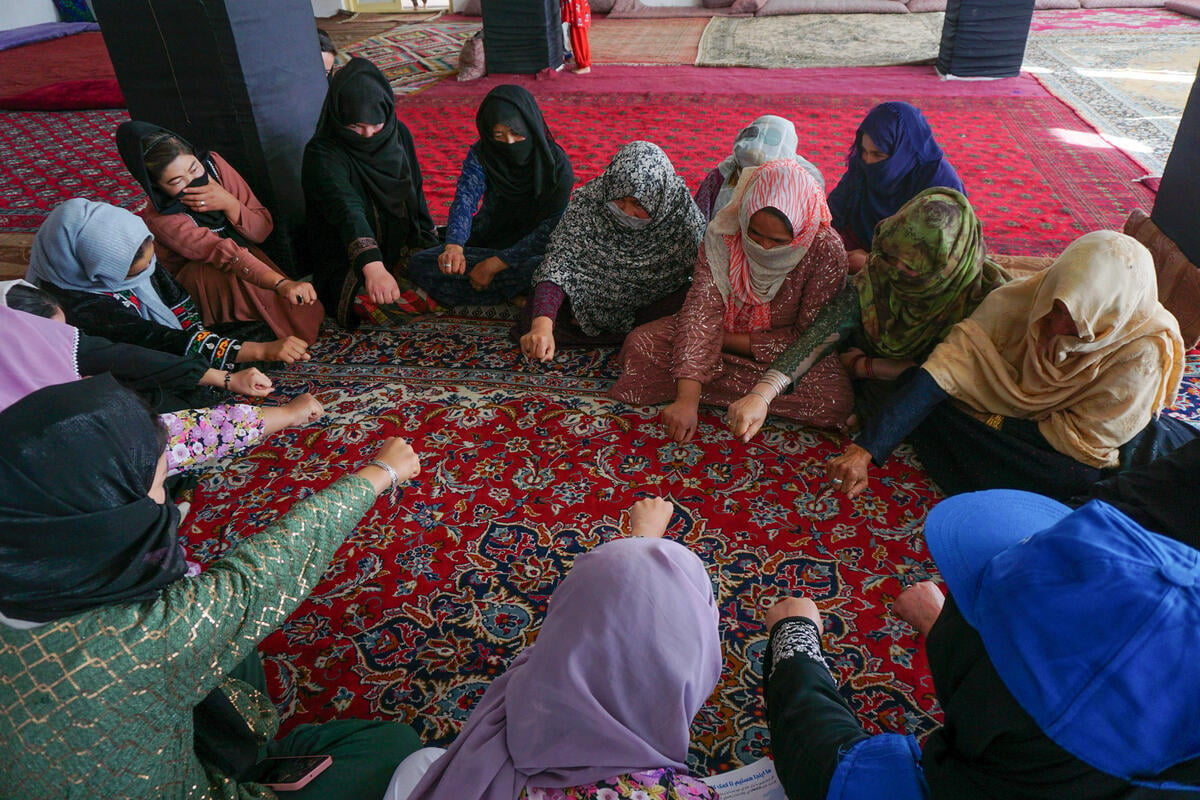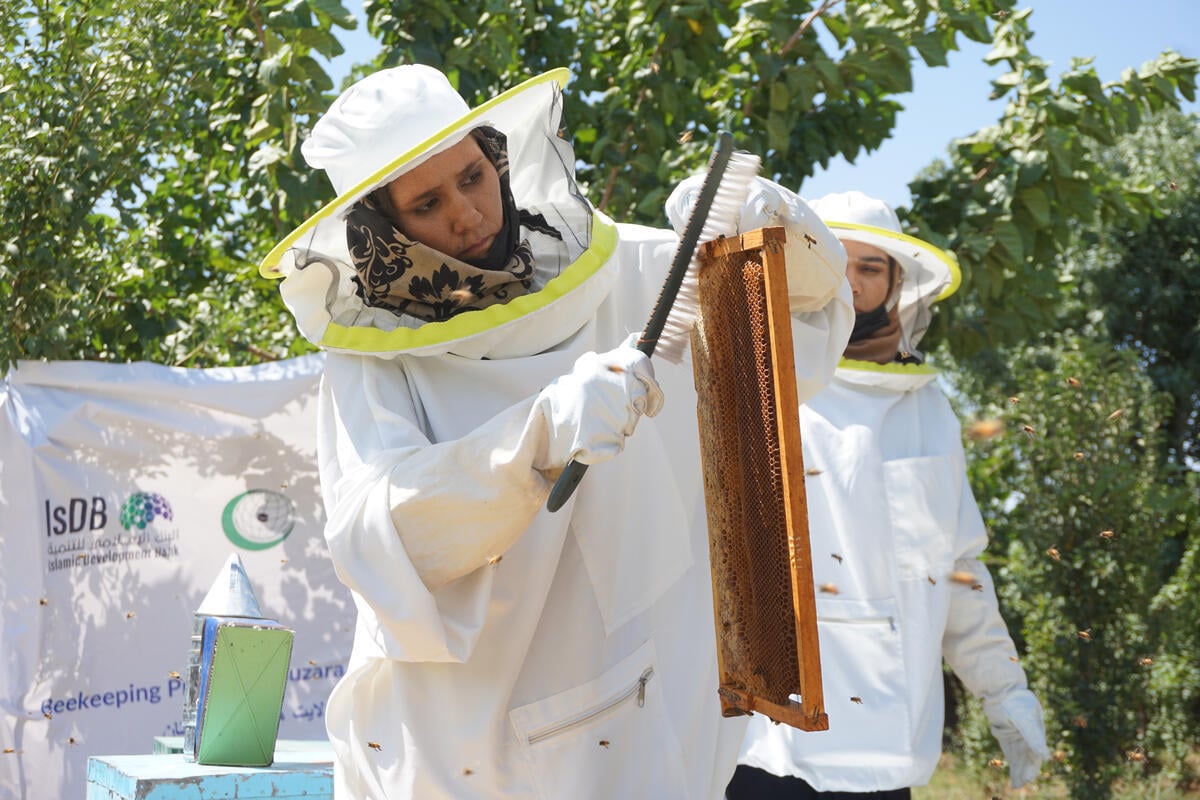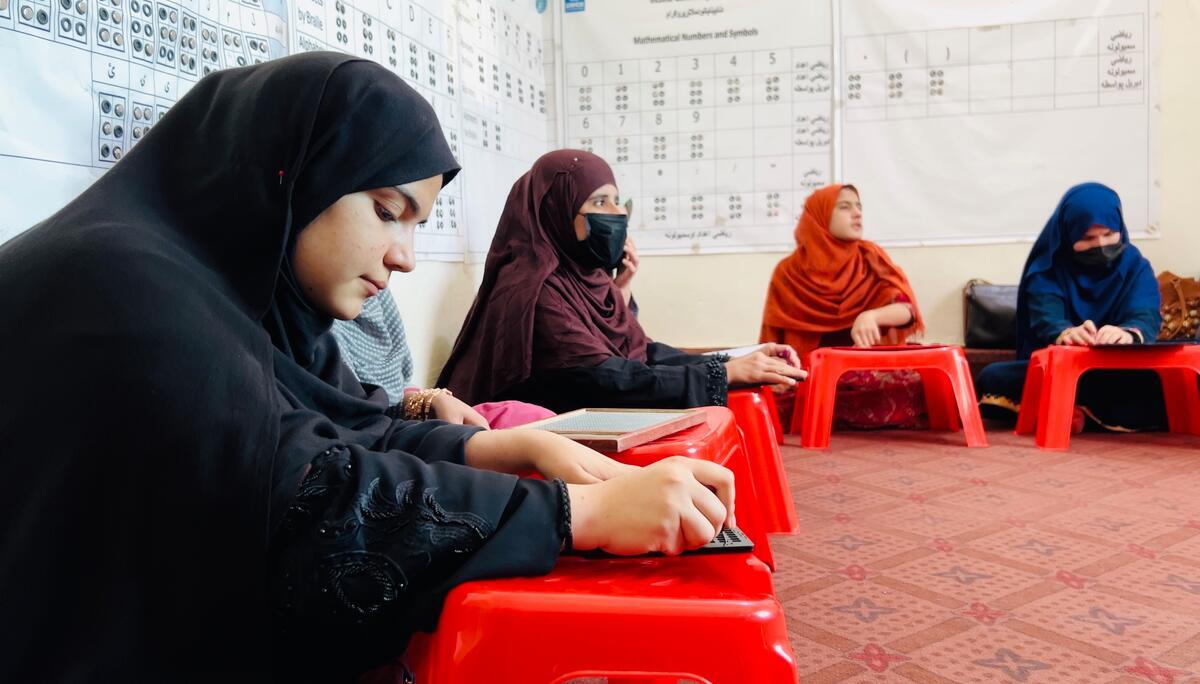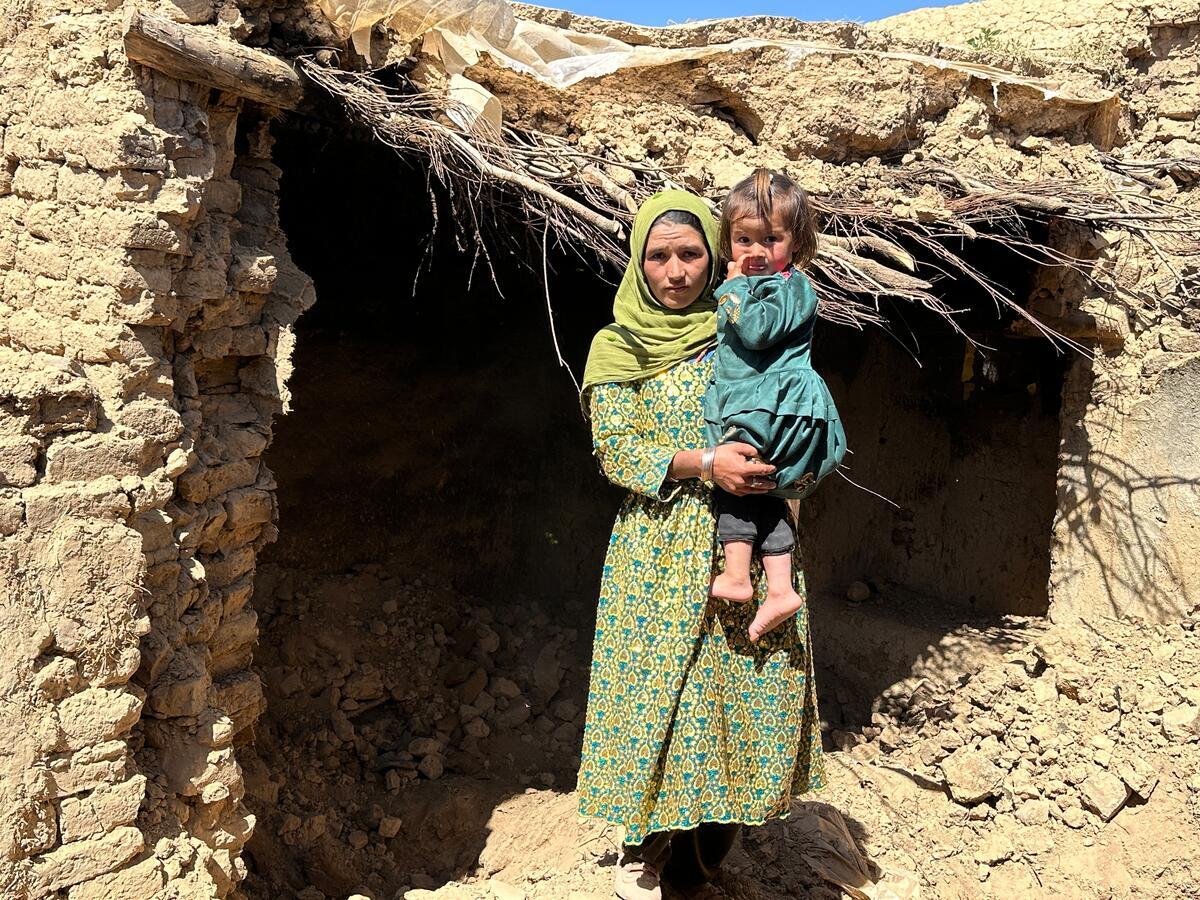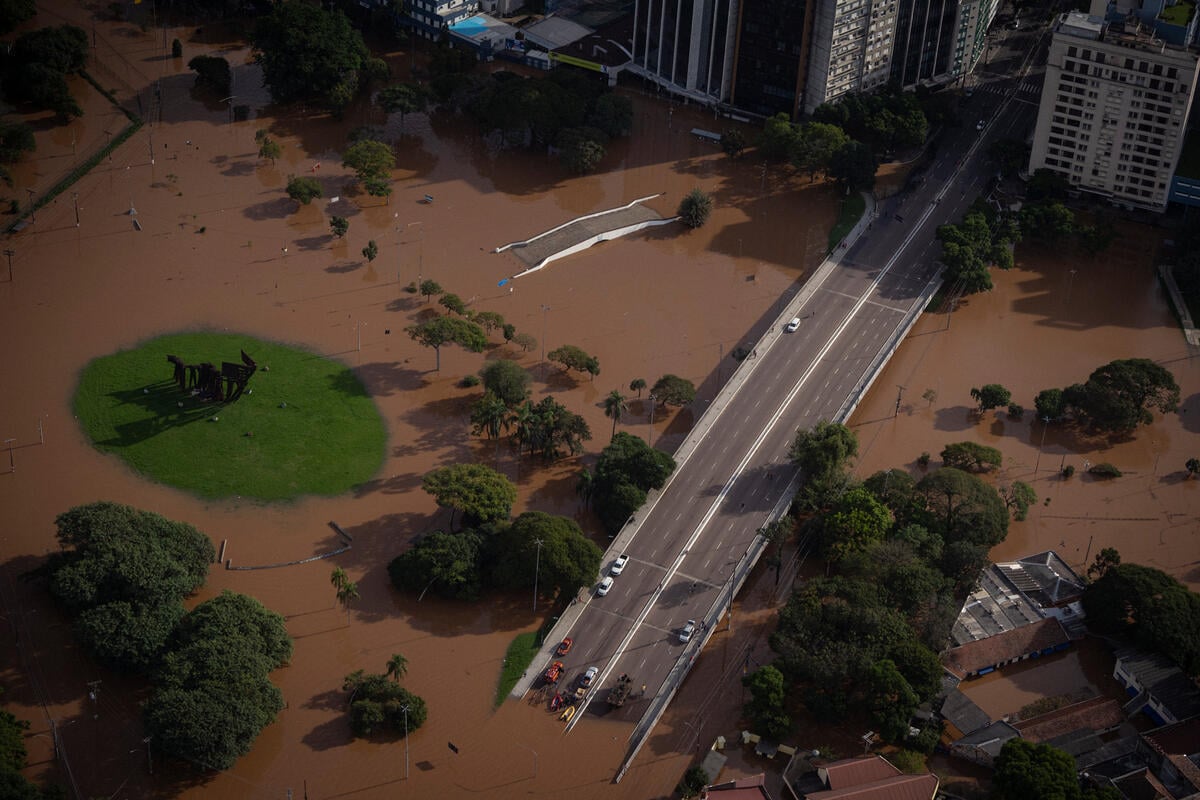Afghans campaign in Iran to promote refugee returns to central Afghanistan
Afghans campaign in Iran to promote refugee returns to central Afghanistan

TEHRAN, Jan 30 (UNHCR) - A delegation from Afghanistan's central province of Bamyan has begun a campaign in Iran to facilitate the voluntary repatriation of Afghan refugees to the central province of Bamyan, saying the region known for its rich cultural heritage is one of the nation's safest places.
The four-member delegation led by Bamyan governor Rahim Ali Yarzada spent a week in Tehran, nearby Karaj and Mashad in Eastern Iran in the first visit of its kind organized by UNHCR and Iranian and Afghan officials. The group is scheduled to return to Afghanistan today.
The delegation said in meetings packed with hundreds of Afghan refugees that Bamyan has become one of the most secure places in Afghanistan. However, the province is in dire need of professional workers, especially in education, health and engineering.
The immediate need is for 1,000 teachers, it said. While there is a housing shortage accommodations will be provided for professionals required to rebuild the infrastructure in the region, centre of an ancient Buddhist civilization and site of some of its giant stupas that were destroyed by the former Taliban regime.
"Progress is slow, but it is definitely taking place and we need Afghan people to come back and help us," the governor said.
This visit comes at a crucial time in Afghanistan's reconstruction, with the recent adoption of a new constitution by the Loya Jirga, or Grand Council, and planned elections in June.
The delegates were warmly received by refugees, and the meetings generated much interest. UNHCR will work on addressing the issues that were raised during the meetings to facilitate the return of Afghan refugees who want to take part in Afghanistan's reconstruction.
Iran, Afghanistan and UNHCR signed a tripartite agreement on the voluntary repatriation of Afghan refugees in April 2002. The agreement was renewed in March 2003, and will last until March 2005.
Since April 2002, more than 658,000 Afghan refugees have repatriated from the Islamic Republic of Iran - host to 1.7 million Afghans, about 1 million of them refugees.
So far this year, some 2,500 refugees have returned to Afghanistan - mainly from Iran, but also from seven other countries. UNHCR also helped repatriate almost 1,000 survivors of the devastating earthquake that struck the eastern Iranian city of Bam last month. Since early 2002, more than 2.5 million refugees have returned to Pakistan.
UN-facilitated returns from Pakistan are still suspended following the murder of UNHCR's Bettina Goislard last November at Ghazni in Afghanistan. The incident prompted the withdrawal of UN staff in Ghazni and other offices in south and south-eastern Afghanistan.
In line with the rest of the UN family, UNHCR has redeployed essential staff to Gardez, Kandahar and Jalalabad, and is looking at ways to safely resume assisting refugees to return from Pakistan and restart its monitoring of shelter and water projects.
By the end of 2003 the refugee agency had completed 82 percent of its planned 3,738 water projects across the country. The remaining wells and other initiatives should largely be done by the end of March.


